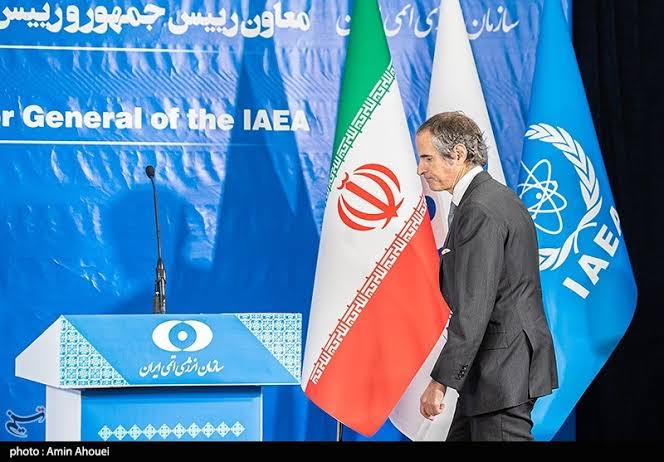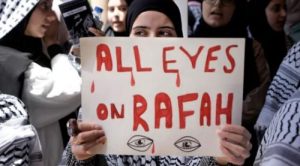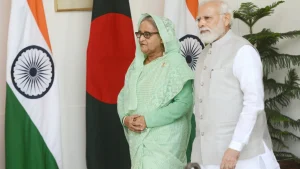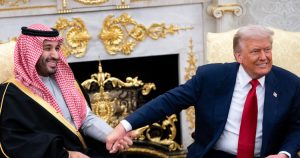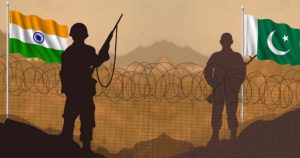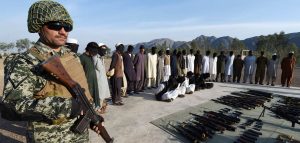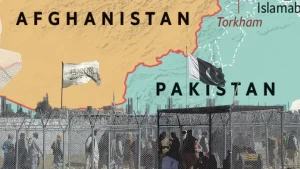On June 13 this year, Israel launched a surprise, unprovoked attack on Iran’s nuclear, research and military sites, killing the head of the Iranian Revolutionary Guards, the chief of staff of its armed forces, and other top military officials and a number of nuclear scientists. Israel said the attacks were in self-defence and that Iran was merely a few weeks away from developing a nuclear weapon. The Israeli claim stands in stark contrast to the intelligence assessment by none other than the United Statesand the International Atomic Energy Agency (IAEA), which stated that there was no evidence of Iran developing a nuclear weapon. In fact, at the same time, Iranian government officials were discussing the prospects of a new nuclear deal with their US counterparts. Describing the attack as preemptive, despite knowing that Iran was not building a nuclear weapon risks, normalizing war as a constant in an already volatile region.
Iranian media reported that Israeli indiscriminate attacks also killed civilians, including women and children. By the end of the Israeli attack, nearly a thousand Iranianshad been killed. The attack, termed as ‘a declaration of war’ by Iran, was retaliated against by opening ‘the gates of hell’ on Israel, resulting in a prolonged 12-day war between the two regional adversaries.
During the war, the exact magnitude of overwhelming destruction caused by Iranian ballistic missiles piercing through Israeli missile shields has not been revealed, largely due to Israeli censorship, yet multiple independent sources state that more than a dozen strategic and military targets were hit.
The 12-day war, in which both camps claimed they emerged victorious, offers a critical account of the inherent imbalance in international nuclear politics, particularly in the Middle East.
On the one hand, a country like Israel, which remains outside the framework of the Treaty on the Non-Proliferation of Nuclear Weapons (NPT), possesses nuclear weapons, maintains a policy of nuclear ambiguity, and refuses International Atomic Energy Agency (IAEA) oversight, launched an unprovoked attack on an NPT-signatory Iran, which does not possess nuclear arms and abides by IAEA safeguards and verification.
As if that were not enough, the notable absence of condemnation from the IAEA for joint US and Israeli strikes on key Iranian nuclear sites in Natanz, Fordow, and Isfahan stands in sharp contrast to the IAEA’s response last year, when it reacted decisively following an attack on its staff, calling for preventing a nuclear accident during the military conflict ‘even more unacceptable.’ This double standard could have serious implications for the future of the global non-proliferation regime with diminishing incentives tied to the NPT and casting doubt on the IAEA’s neutrality.
Multiple accounts show that Iran was far from developing a nuclear weapon and was complying with IAEA protocols. Therefore, the military strikes by Israel constitute a grave violation of international law, including the United Nations (UN) Charter and the Geneva Conventions. A senior arms control expert at the IAEA said Iran, under Article 61 of the Vienna Convention on the Law of Treaties (1969), can maintain that since the countries bombing its three nuclear facilities have claimed that these sites have been obliterated, so they may no longer remain relevant for IAEA safeguards. Moreover, restricting future access to IAEA inspectors to these sites is also valid and justified. Though Iran has suspended cooperation with the IAEA, fortunately, it has not revoked or left the NPT and has hinted at reinforcing its historical commitment to international non-proliferation norms as it has resumed nuclear talks with the E3 (France, Germany, and the United Kingdom) in Istanbul after the attacks on its nuclear sites.
In 1974, with Egypt co-sponsoring, Iran proposed a nuclear-weapon-free zone in the Middle East. Yet, the western allies of Israel opposed the establishment of any such zone in the region. The core dispute between Israel and Arab countries lies in their differing preconditions for establishing peace in the region. Israel states that unless it is recognized by its neighbours, there would be no talk on establishing such a nuclear-weapon-free zone in the region, whereas the Arab countries maintain that Israel would have to disarm its nuclear capability in the first place for any future talks on creating such a zone.
A conclusion drawn from the Iran-Israel saga is that if NPT members like Iran are punished despite cooperation, while non-signatories like Israel are shielded and even supported, other fence-sitting states could feel incentivized to exit the treaty altogether, following in North Korea’s footsteps.
In a nutshell, the unequal treatment of Israel and Iran in nuclear policy undermines the legitimacy of the global non-proliferation framework, complicates peace efforts in the Middle East, and threatens to destabilize the future effectiveness of the NPT and the IAEA.




